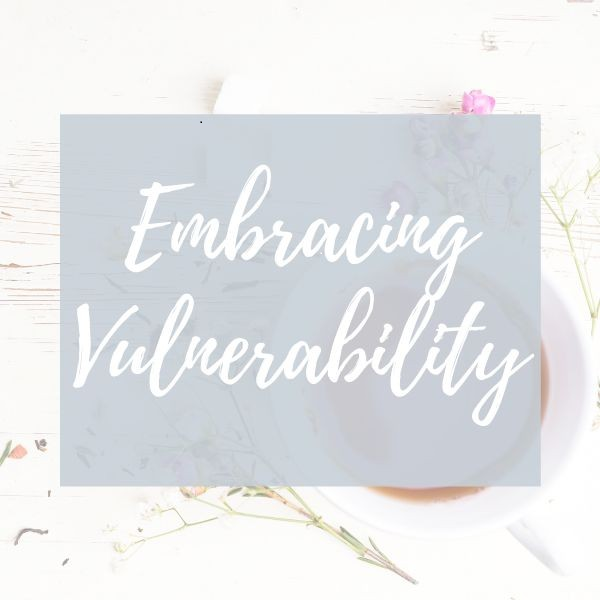From the beginning
This is something that I struggled with most of my life. I grew up to be a tough cookie and thought that showing my feelings was considered a weakness, or so I believed. I also thought that in some way, it would protect me from getting hurt. I used to watch the super tough kids at school and often wanted to be like them. No one bothered them, everyone respected them. School was not a great place for me. I was bullied constantly, and this made my childhood years uncomfortable. I really tried to fit in. I didn’t belong to any “group”. We couldn’t afford the “cool clothes” and not having any real friends meant that I lost touch with what was “in”
I didn’t really learn how to communicate or talk about my feelings. Back then, that wasn’t the thing to do. I learnt not to cry and show much emotion, I felt this kept me strong and also stopped me from crumbling. I discovered sports and this was a great way for me to vent any type of emotion. It helped me to focus and gave me headspace. I’m not writing this to make you feel sorry for me, but more to give an insight to how I used to think and believe.
Influences
Earning my own money was a massive driving force for me, from a really young age. I can remember being 17 years old when I got my first full time job. I remember my first manager being an incredibly powerful woman. She scared the hell out of me! But I massively respected her. She said that she gave me the job because I was confident and I reminded her of how she was at my age. This was another confirmation for me – that being tough was good. I was about 17 years old and already started to build up a perception as to how a manager should be and behave. Strong, determined, relentless and tough. She ran a tight ship, no one really had a laugh, you worked hard, you got the job done, you got paid.
Becoming a Manager
I was mid-20’s when I started to have the responsibility of a team. I felt under pressure to exceed my manager’s expectation and because most of my team were older than me, that tough cookie exterior was an important armour that I wore daily. I suppose that as I got older, I just forgot to take the armour off
Once I started to manage others, I actually enjoyed the feeling that I was a “strong” person and also thought that this would give people the reassurance that I could look after them and mange any type of situation, without being wobbled. I would remain calm, unaffected (externally…) and unemotional.
It took me years to understand that this was not entirely a great thing.
Driving Forces
From a work perspective, I always thought that being tough would give me the edge. Having been a single mum for many years and often working in a very male dominant environment, I had limited beliefs that I would be considered a ‘softie’ or someone that just couldn’t cut it, that I wouldn’t be able to run with the wolves. I had to earn money to support my child and I had to succeed. I had to be the alpha female to maintain respect from the teams. I made sure that I worked hard and often much longer hours that my peers, just to ensure that I did not fail. Although, now I as reflect on this, I was so very very wrong. No one really cared what hours I worked, in fact the more the hours I worked, the more that was just naturally expected of me.
Personal Development
After many training courses, personal development, and reflection, I started to really understand that being vulnerable is something that is more powerful than I was brought up to believe.
I rarely showed any emotion. Being angry, sad or nervous, was not emotions that I wanted to show or share. But after going through several training courses and spending time with some incredible coaches, I realised that this tough impenetrable persona was a weakness, rather than a strength. The message that I constantly gave out was that you needed to be tough to make it, but that also meant that if one of the team members was struggling and needed to talk to me, my stiff upper lip attitude, didn’t allow that. I also realised that this was massively unhealthy for me, because sometimes I didn’t feel like some tough warrior, sometimes I was struggling and may have felt sad, tired, or worried, but I didn’t show it. For me, being vulnerable meant that I was being true to my feelings and that takes courage.
Becoming Vulnerable
I remember how much closer I became with my team once I started to soften. It meant that our team chats were more open and honest, which then built a level of trust between us. It meant that we didn’t play those silly work games, that sometimes had happened, when my line manager had said something to me, but in fact wanted to say the opposite. Being vulnerable, created an openness for me and helped me develop as a person. I had prided myself of always wanting to win, to be the best and to not make mistakes. But this is not real, and I discovered that making mistakes was a great thing – this was the only way that I learnt and developed as a person. Owning up to a mistake is liberating! I still have the winning mentality and love pushing myself to the max, but when your team knows that, you too, made the same mistake that they had just made, it gives them hope and confidence. It shows them that you are human. I did not have to be little Miss Perfect to be a good manager. I needed to be honest, supportive, open, and real.
From a personal perspective, being vulnerable is a quality that I now always look for in my friends and family. I admire those that are real and comfortable with who they really are and just owning it.

